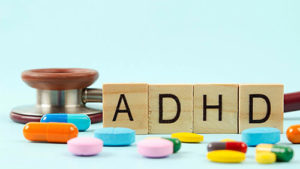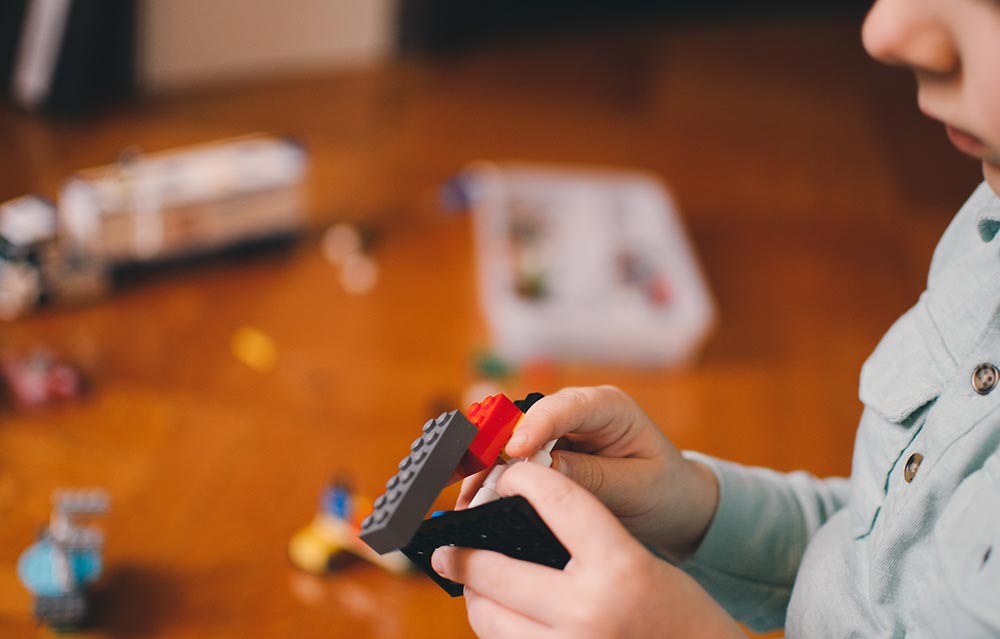Table of Contents
Is your child diagnosed with ADHD?
You are not alone.
 According to the Center for Disease Control and Prevention (CDC), there are 6.1 million children ages 4 – 17 years old who have a current diagnosis of ADHD in the United States. The Children and Adults With ADHD or CHADD further said that according to DSM – IV criteria, 15.5% of school children enrolled in grade 1 – 5 has ADHD. This study was backed by the teachers who filled out the rating scale, and also through phone interviews of parents. (Rowland et al. 2015).
According to the Center for Disease Control and Prevention (CDC), there are 6.1 million children ages 4 – 17 years old who have a current diagnosis of ADHD in the United States. The Children and Adults With ADHD or CHADD further said that according to DSM – IV criteria, 15.5% of school children enrolled in grade 1 – 5 has ADHD. This study was backed by the teachers who filled out the rating scale, and also through phone interviews of parents. (Rowland et al. 2015).
What is ADHD?
Attention-deficit hyperactivity disorder is one of the most common mental problems affecting children and adults. Symptoms include inattention (difficulty focusing), hyperactivity (an excessive movement that is not fit into the setting), and impulsive (acts that may occur without thinking).
What are the causes of ADHD?
What You Need To Do If Your Child Has ADHD
If your child is diagnosed with ADHD, these are the things you need to do.
- Be involved
Educate yourself on how to handle kids with ADHD. Follow all the recommendations of the health care professional, if your kid has medication, let him or her take the medicines with the exact dosage advised.
Talk to the child’s teacher, tell them about your child’s condition, and often meet with them to talk about your child.
Connect with support groups for education and awareness to get updated on how to treat and discipline every child with ADHD.
- Properly disciple your child with care and purpose
Kids with ADHD have excessive movement problems. They can’t sit still, they can’t complete tasks, they cant manage their emotions, and having problems following directions. If you are a well-educated parent about ADHD you can handle these behaviors.
- Praise your child’s effort
If you ask your child to wash the dishes, you may praise him or her by saying “Great Job” or any positive response. Simply following directions, or staying in one place will encourage them to keep that behavior as time goes by.
- Use Time - out when needed
Time out is a life skill that is very useful on all occasions. It is a way for your child to calm their bodies and brains. If your child feels bad, overstimulated, or frustrated, teach them to go to a calm or quiet place. In this practice, your child will practice going to this place on their own if there is a problem.
- Give them attention
Being a parent of a child with ADHD is exhausting. Their unlimited energy will make you tired most of the time. Providing your child with positive attention is a good behavioral practice for them. Playtime with your child reduces attention-seeking behavior. No matter how hard it has been, always give time to your kid with a one on one time.
- Spend quality time together every day
Even if it’s only for a few minutes, make time to converse and enjoy peaceful, entertaining activities with your child. Give your undivided attention to your child. Positive activities should be praised. Make a positive comment when he or she does something well.
Showing affection and giving time to your child helps them mentally and emotionally strong. Do this on a regular basis. Studies show that children who spend more time with their families are healthier physically, mentally, emotionally, and socially.
- Encourage them to move and rest
A child with ADHD has a lot of energy to burn. Engaging your child to do sports like basketball, swimming, volleyball, and running will burn those energies, and it is also a way for them to focus. Physical activities improve concentration, promote mental development, and reduce anxiety and depression. However, when your kid is engaged in sports, it leads to better sleep.
- Make them eat right
Although food is not a direct cause of attention deficit disorder, it can and can influence your child’s mental state, which appears to influence behavior. Keeping track of what, when, and how much your child eats can help to alleviate ADHD symptoms.
Fresh foods, regular eating time, and avoiding eating junk food are beneficial to all children. These principles are especially important for children with ADHD, whose impulsivity and distractibility can result in missed meals, disordered eating, and overeating.
- Teach them to make friends
ADHD children have a problem with social interactions. They may interrupt conversations frequently, be so aggressive, and talk too much. These problems will lead to unfriendliness and bullying. As a parent, you have to engage your child in social interactions or sports, but make sure that you are observing him or her. Watch your child closely and be ready to intervene when your child’s behavior becomes aggressive.
Consider joining an ADHD-friendly sports community, like team sports such as basketball or volleyball. Through this, you may see your child start developing healthy relationships with others.
Parenting a child with ADHD can be exhausting and challenging but if you know what you are doing, this could be fun. Being involved in the battle of your child in ADHD, preparing healthy meals and letting them eat right, and keeping them engaged in sports may improve your child’s condition.
These are some simple tips for parents on what they are going to do if their child has ADHD. If you want promising treatments for your child, you can also participate in adhd clinical trials. The most important thing is that you are always there for your kid, supporting them all the way.
